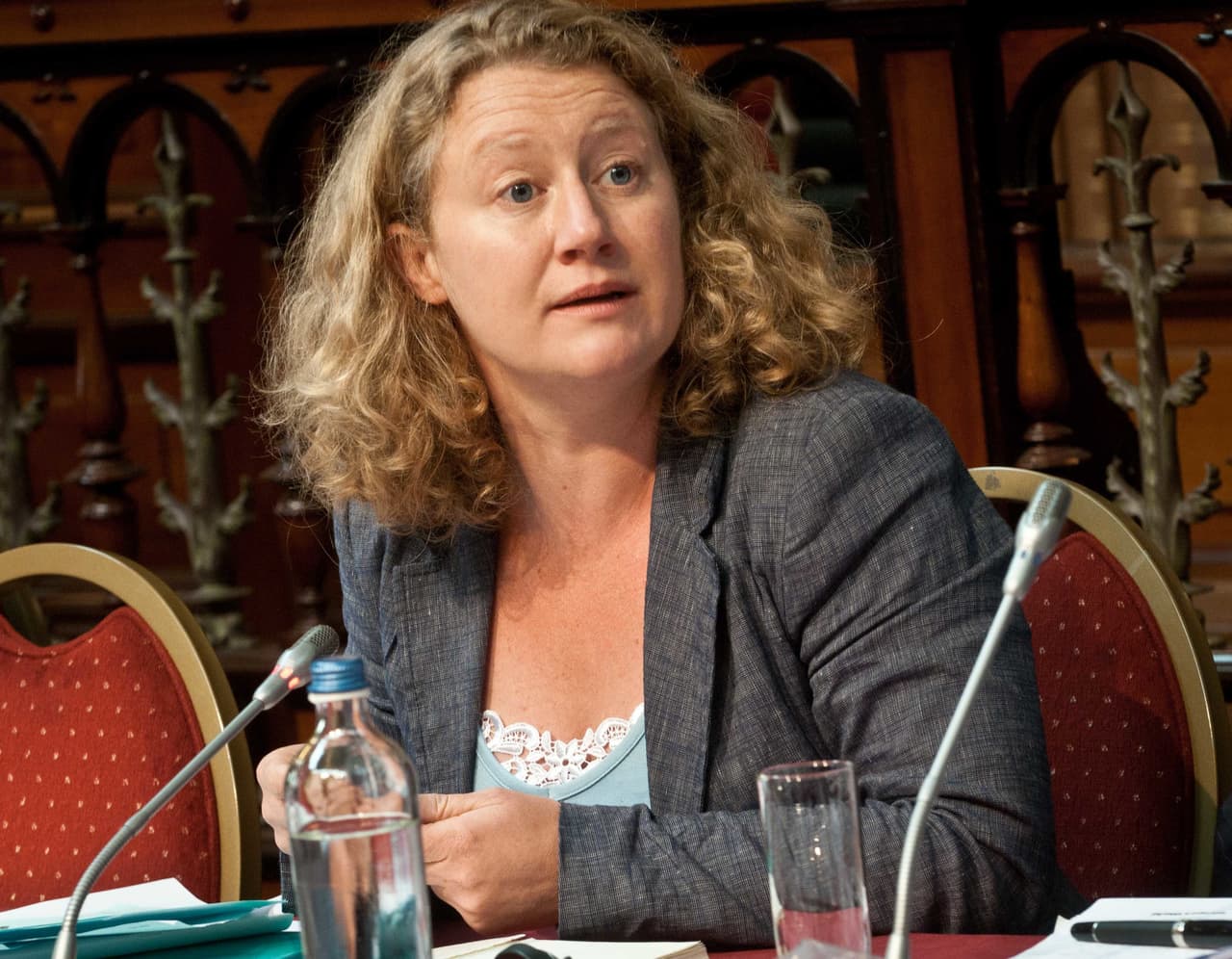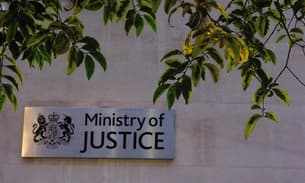
Europe to disclose the true owners of companies – but not trusts
Dutch Green MEP Judith Sargentini via Friends of Europe/Flickr
After days of high level negotiation and intense lobbying by campaigners, the EU last night agreed to introduce registers that will list the ultimate owners of companies.
The EU’s fourth Anti-Money Laundering Directive aims to make it harder for criminals and tax cheats to evade detection.
The registers will be accessible in all 28 member states to people “that can demonstrate a legitimate interest” such as investigative journalists.
Countries will now have to collect:
- The name;
- month and year of birth;
- nationality;
- country of residence; and
- shareholding of any one with an interest in a company.
The EU’s new Anti-Money Laundering Directive will also force member states to collect details on the ultimate owners of trusts.
But information on trusts will not be made available to the public. This, say campaigners, has created a loophole which could significantly weaken the new directive.
Countries such as Germany and the UK are understood to have blocked the public disclosure of trust owners in a move that has frustrated transparency campaigners.
“Today the EU has gone a long way towards making life harder for the corrupt politicians, money launderers and other criminals who hide their loot behind European shell companies,” said Robert Palmer, anti-money laundering campaign leader at Global Witness.
“It’s a big moment, but not as big as it should have been. By stopping short of giving the public full access to information on who really owns and controls companies, European leaders have missed an opportunity to show that the future of business in Europe is open and transparent.”
Campaigners will now be scrutinising how individual countries implement the new directive.
The directive still needs to be endorsed by EU member states’ ambassadors and by the European parliament’s Economic and Monetary Affairs and Civil Liberties, Justice and Home Affairs committees before being put to a vote by the full parliament next year.




